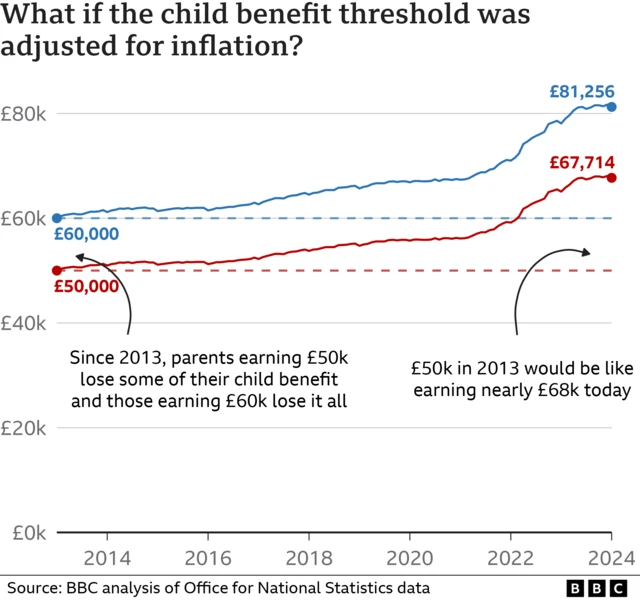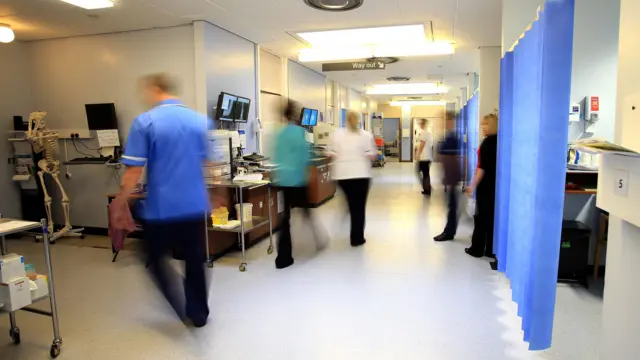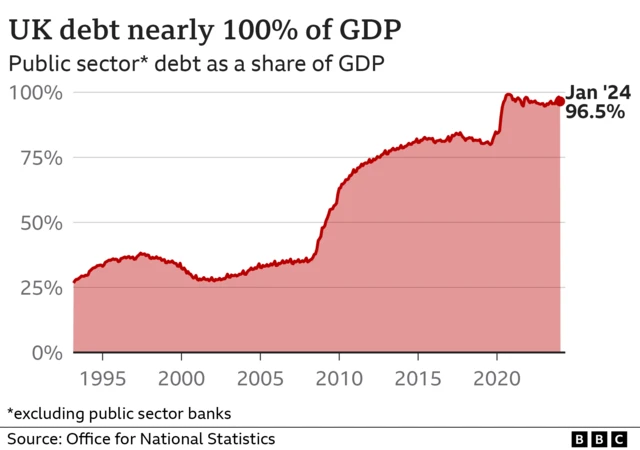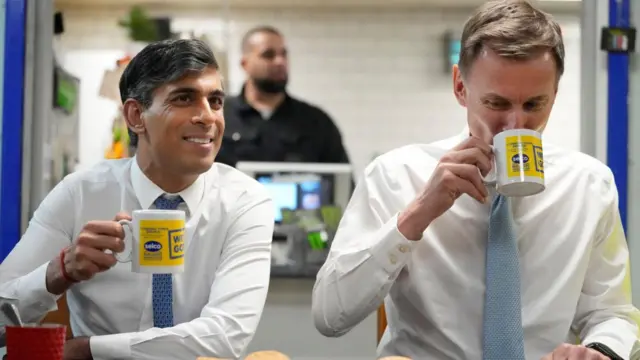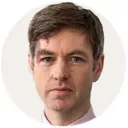
I now have to pay income tax on my state pension. Am I alone?published at 14:08 GMT 7 March 2024
 Kevin Peachey
Kevin Peachey
Cost of living correspondent
Trev in Eastbourne asks: My state pension increase takes me over the basic personal allowance for tax purposes, which means that I now have to pay income tax on my state pension “benefit” due to the freezing of tax thresholds. Am I alone? (NB: People can have income of up to £12,570 before paying income tax., external)
Far from it, Trev. Economists at the Institute for Fiscal Studies – an independent think tank – point out that well over 60% of pensioners pay income tax.
Trev is correct to point out that some have been dragged into paying tax since tax thresholds were frozen in 2021.
The IFS says most taxpaying pensioners will typically be £650 a year worse off by 2027 as a result.
Ministers say this shouldn’t be taken in isolation, because pensioners have benefitted from extra help like cost-of-living payments.
